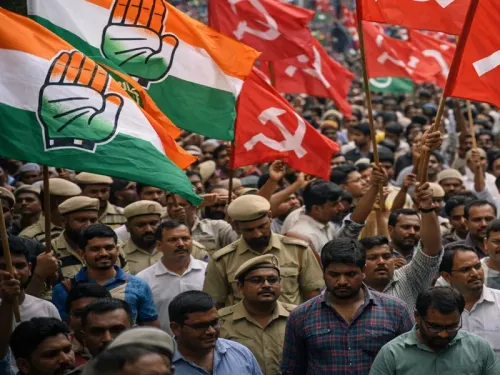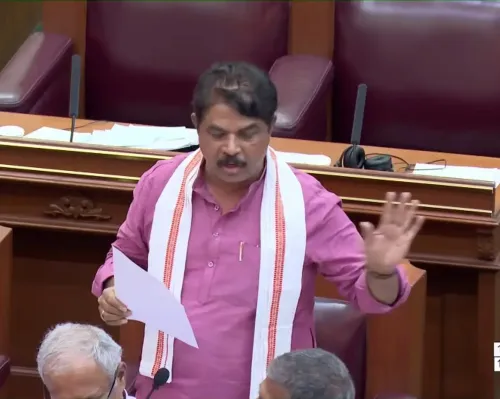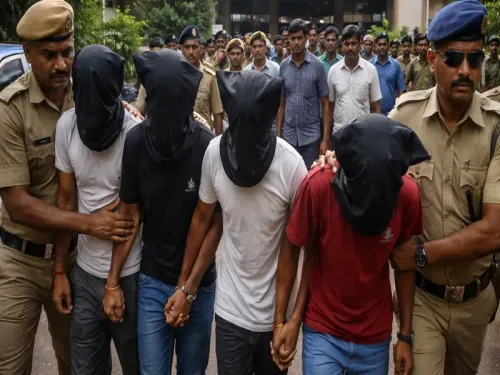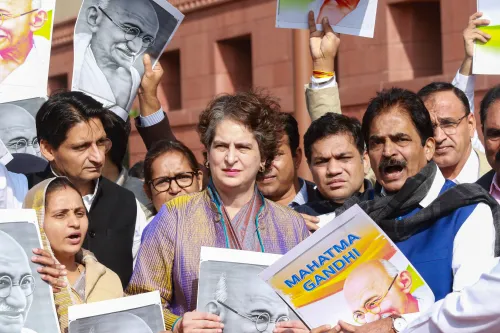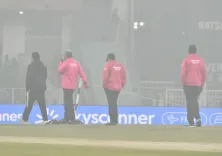Did the Jharkhand HC Dismiss the Petition Against 2008 Lecturer Appointments?
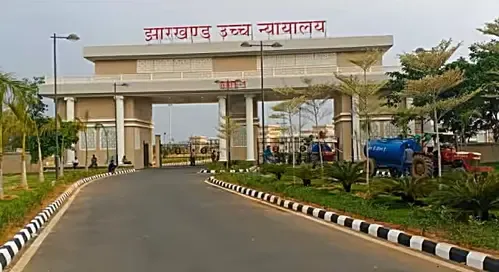
Synopsis
Key Takeaways
- Jharkhand HC dismisses petition against 2008 lecturer appointments.
- Case is under CBI investigation.
- Allegations of irregularities in the recruitment process.
- Charge sheets filed against 69 individuals.
- Judicial process remains ongoing in lower courts.
Ranchi, July 4 (NationPress) - The Jharkhand High Court has rejected a petition that sought to challenge the lecturer appointments made in 2008 at various universities throughout the state.
The court noted that the case is currently being investigated by the Central Bureau of Investigation (CBI) and opted not to intervene at this moment.
A single bench led by Justice Deepak Roshan issued the ruling on Friday after considering the arguments from all involved parties.
The petition, submitted by Meena Kumari and 19 others, claimed extensive irregularities in the Jharkhand Public Service Commission (JPSC) examination that took place in 2008 for lecturer recruitment.
The petitioners requested the cancellation of the selection list generated by JPSC, arguing that individuals who had been charge-sheeted by the CBI were still in service, receiving postings and transfers.
They highlighted that a CBI investigation had revealed significant corruption in the recruitment process, resulting in charges against numerous individuals. Yet, many of the accused remained in their roles as lecturers at state universities, they asserted.
Attorneys Sanjay Piperwal and Prince Kumar Singh, representing the JPSC, contended that the issue was already under investigation by the CBI, with charge sheets filed in the lower court. They argued that since the judicial process is still active, it would be premature and legally questionable to annul the appointments at this stage.
Supporting the JPSC's argument, the High Court observed that the matter is sub judice in the lower courts, and any intervention at this moment would be inappropriate. Consequently, the court dismissed the petition.
The JPSC had conducted the Jharkhand Lecturer Eligibility Test (JET) in 2008, recommending the appointment of 750 lecturers across 27 subjects.
In light of widespread allegations of manipulation and irregularities during the selection process, the CBI was instructed to carry out an investigation. The agency subsequently filed charge sheets against 69 individuals, with ongoing trials in the lower courts.


